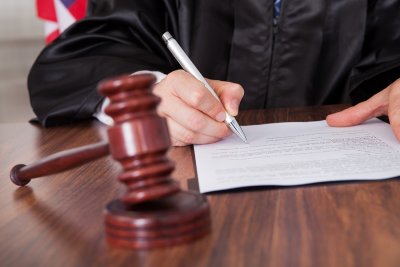How to Offer Electronic Recordings Into Evidence

If creating an electronic recording was part of the deposition services you selected with your court reporter, then entering it into the evidence requires following some strict guidelines. Title Two Rules in California set out the requirements for entering depositions in San Jose into testimony. Here is what you need to know.
Entering Electronic Recordings of Depositions or Previous Testimony
Before an electronic recording of a deposition or previous testimony is entered into evidence, the attorney must file a transcript of the recording with the court. When the recording is played in the court, the attorney must direct the court to the exact pages and lines of the transcript that correlate to the recording. However, if the court reporter takes down all of the portions of the recording that were played, the transcript does not need to be filed. At trial, the court reporter does not need to take down the content of an electronic recording unless directed to by the judge. In some cases, the transcript of the testimony can be entered into evidence up to five days after the recording is used.
Entering Non-Deposition or Non-Testimony Electronic Recordings
Generally, to enter recordings that are not deposition or previous testimony recordings, a transcript must be provided to the court and to the opposing counsel. The transcript does not have to be certified. In a few instances, transcripts are not required. If the court hearing is uncontested or the other party does not appear for the hearing, then no transcript is necessary. If the parties involved in the case either stipulate in writing or state on the court record that the recording does not have any words that are relevant to the case, then the transcript is not required. Judges are also permitted to rule that no transcript is required for good cause. Any time a recording is submitted, the clerk of the court must mark it for identification. Any transcript that is submitted must be filed by the clerk.